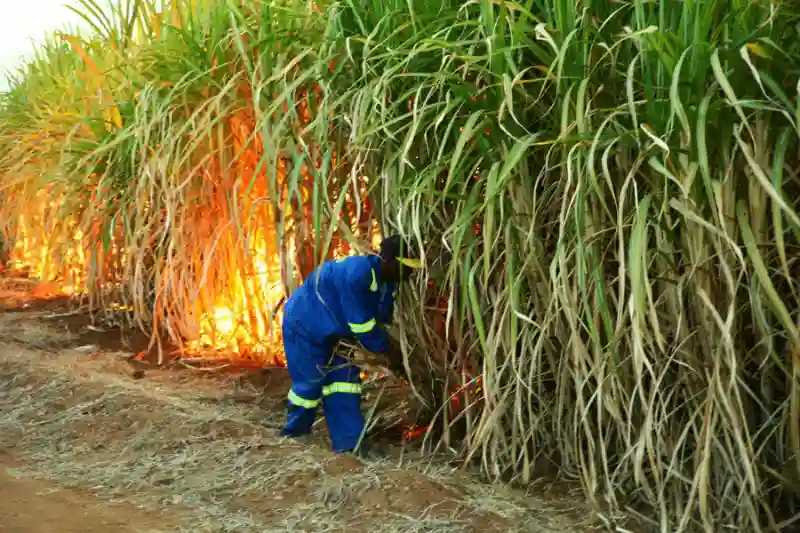Sugarcane farmers in the Lowveld are pushing Tongaat Hulett Zimbabwe to reduce milling charges which they consider punitive.
Under the division of proceeds (DOP) ratio, Tongaat Hulett, which operates mills in Triangle and Hippo Valley, is charging 23% of the total value of sugarcane milled.
Farmers say the charge is too high, making it difficult for them to sustain their operations.
An executive with the Commercial Sugarcane Farmers Association of Zimbabwe(CSFAZ), Daniel Tsingo, told Business Times that farmers want the milling charges to be reduced from the current 23% to at most 15% for them to make decent profits. Said Tsingo:
DOP is the model currently being used to share proceeds between farmers and millers in Zimbabwe.
Farmers are not happy with the current ratio as they are not realising a fair return on their investment.
The milling charges should be somewhere between 5% to 15%, not the current 23%, which is punitive.
However, Tongaat Hulett Zimbabwe’s corporate Affairs Executive Ushe Chinhuru said Zimbabwean farmers are getting the highest percentage to other countries in the region. He said:
As of now, negotiations are being carried out through the ministry of Industry and Commerce so that we can find a suitable ratio for all parties.
The 5% to 15% that the farmers are requesting is not enough to cover the milling costs.
Actually, in Zimbabwe, the farmers are getting the highest percentage to other countries in the region.
In South Africa, for example, farmers are getting 66% of the proceeds.
Millers say they pay a premium to access uninterrupted electricity from power utility ZESA Holdings, which they mainly use for irrigation.
They also say that even though they have a power agreement with ZESA, they are still subjected to load shedding, which impacts crop productivity.
Millers generate some of their electricity using bagasse but it is not adequate to cover all irrigation processes which in turn affects crop yields.
To compensate for the low production of electricity, millers use coal as an alternative but the cost is very high.
As such, they consider that the 23% milling charge they take from the sugarcane farmers is justified.

